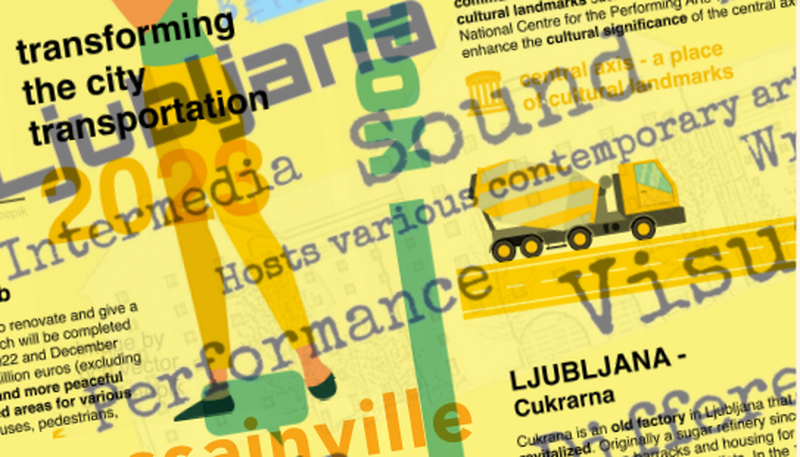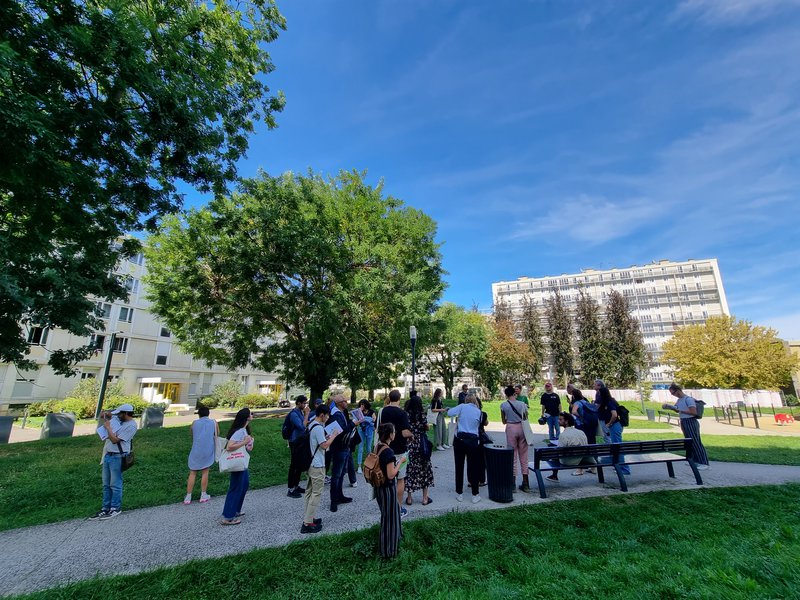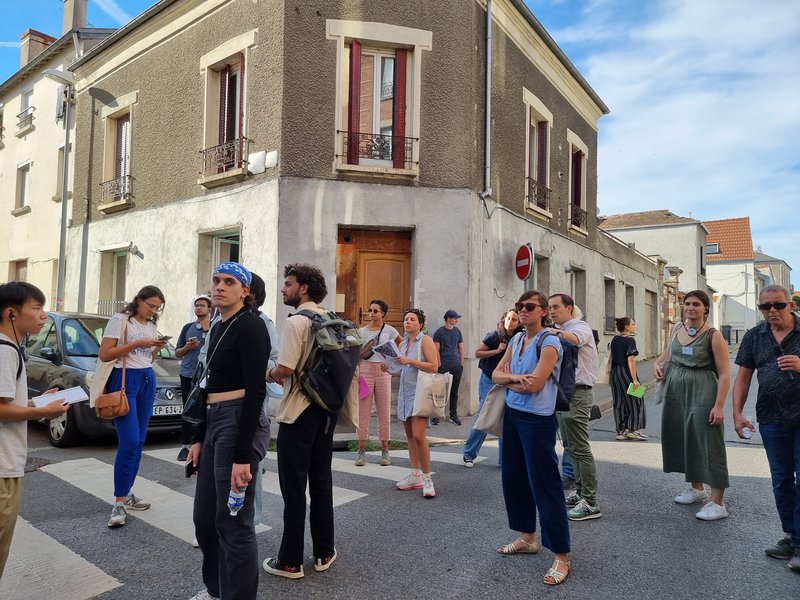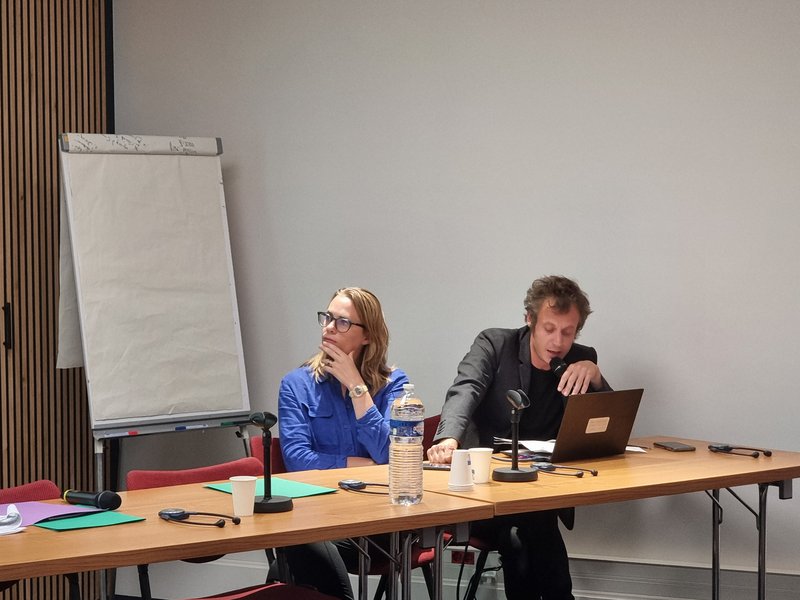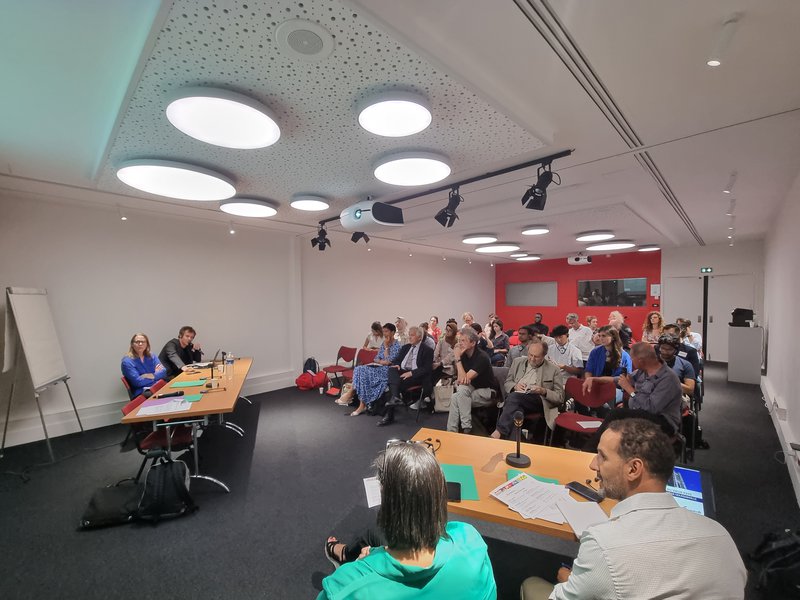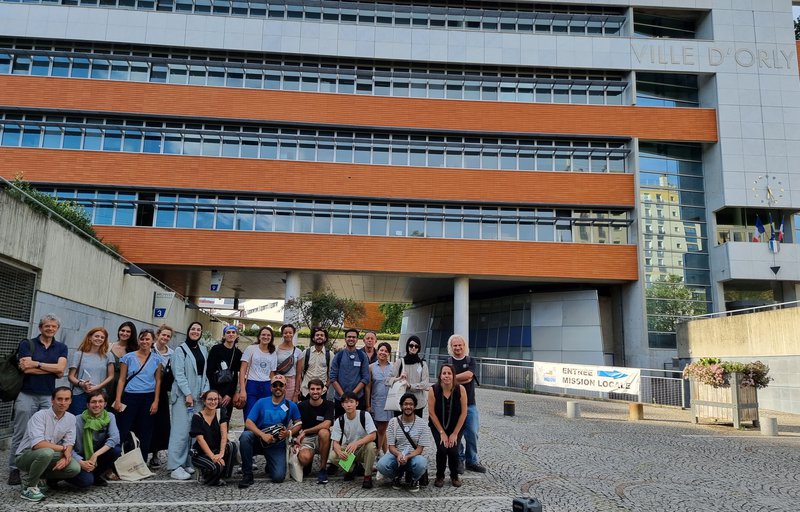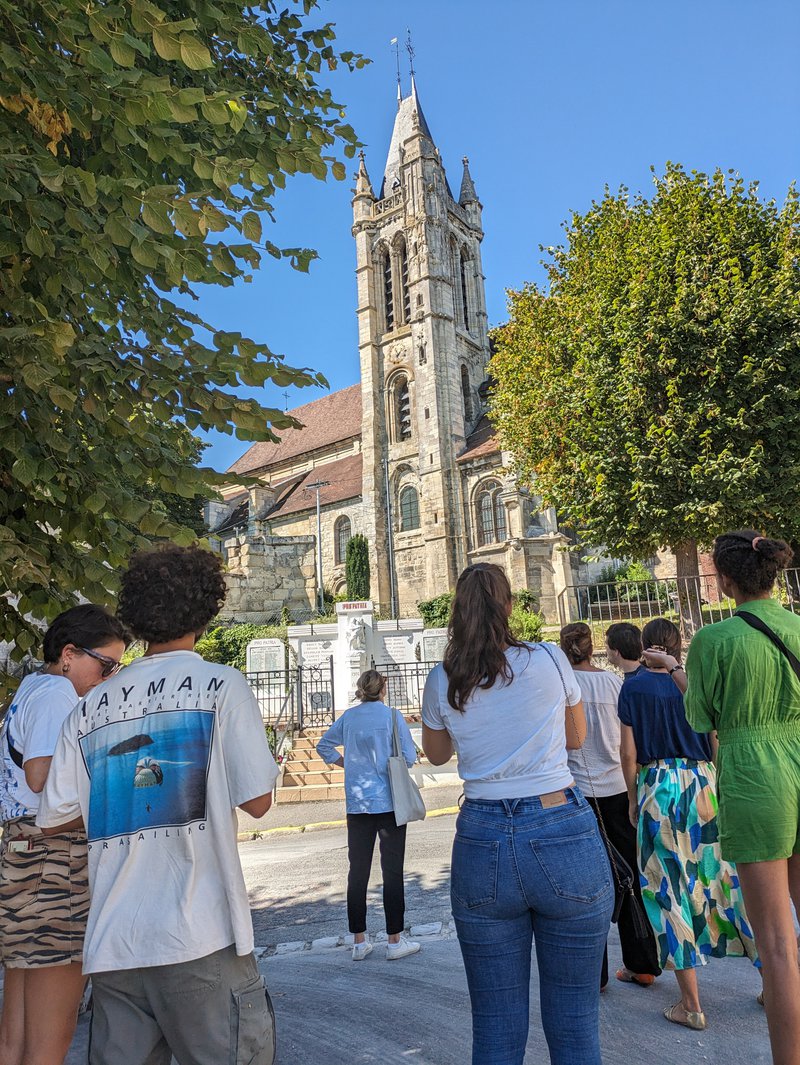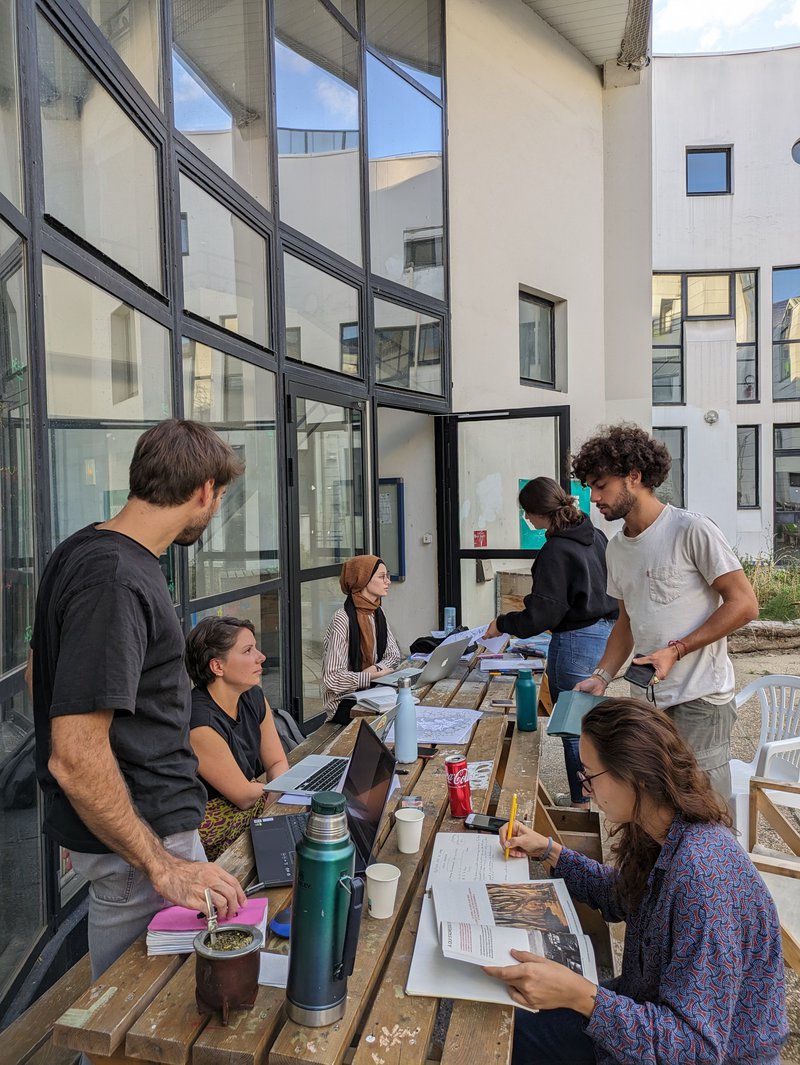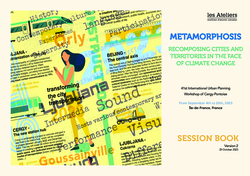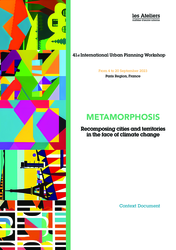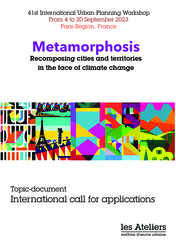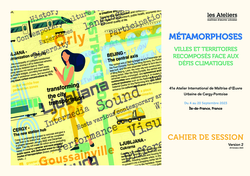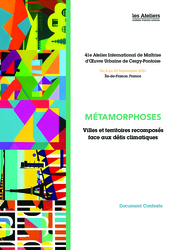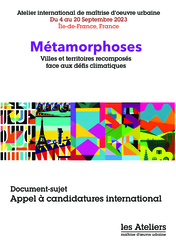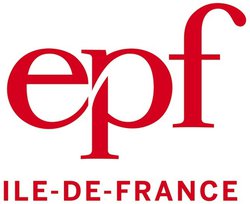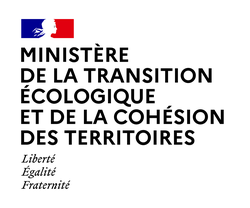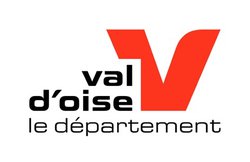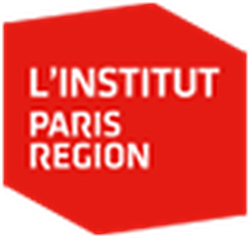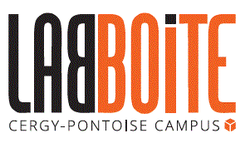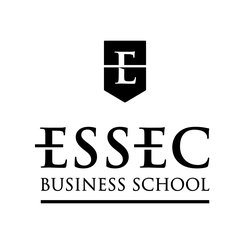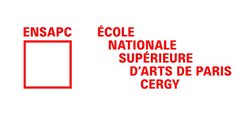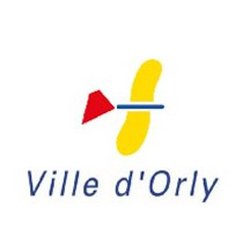Metamorphosis
The "Patchwork" workshop becomes Metamorphosis. Let’s talk about existing spaces: let’s make people want to live in the city!*
It is a fact now generally accepted around the globe: climate change and the collapse of biodiversity are linked. The effects of this global disruption are exacerbated in cities, which occupy nearly 20% of the Earth’s surface and concentrate more than half of the world’s population. To address this, it is urgent to limit our ever-increasing urban development and the expansion of cities by devising new, more land-friendly development models.
Why repair the urban? And why should we talk about what already exists?
Repairing the urban environment means better preparing our cities for the consequences of climate change. This means engaging in a process of renaturalization and cooling our cities to prevent heat islands, as well as promoting soil permeability by restoring the role of the water cycle. In addition, our relationship with nature and the way we live in cities must be rethought.
All of this must happen as cities are increasingly being called upon to become denser in order to accommodate ever-growing populations and to limit urban sprawl. However, a contradiction appears between this objective of densification — which seems unavoidable and which is directly linked to climate change (land preservation) — and the increasingly strong desire to rediscover a link to nature everywhere and for everyone. Does this density model really have a future?
Questioning density also means questioning mobility. How can we move around better in the future? How can we reduce our dependency on cars with alternative and shared transport?
How can we guarantee access to local services and facilities for all?
And lastly, it is essential to recycle as much as possible of what can be recycled and to renature our cities in order to improve the quality of life of inhabitants. This does not mean putting an end to all new construction, but looking at what already exists and finding ways to improve it in order to meet the needs of the population while preserving the environment.
How can we combat increased land artificialization?
Can we improve the quality of life of inhabitants by densifying the city or should we avoid hyper-concentrated centres?
How can we make the city and nature coexist better?
Les Ateliers de Cergy, for 40 years, have been a source of proposals and participate in ongoing discussions to meet the challenges of the Ile-de-France territories. The 2023 session is an extension of the sessions of the last Ile-de-France workshops: urban and territorial recycling, mutability of territories, livable, habitable and desirable city, production methods of the frugal city, need for the evolution of our lifestyles in the face of to the climate crisis.
staff
Scientific pilots:
Marine Oudard, urban planner and architect, - URBASTUDIO
Raphaël Besson, expert in urban socio-economics and doctor in regional studies and urban planning - PACTE Laboratory, University of Grenoble
Les Ateliers' team:
Véronique Valenzuela, geographer, project director
Simon Brochard, geographer and historian, coordinator


